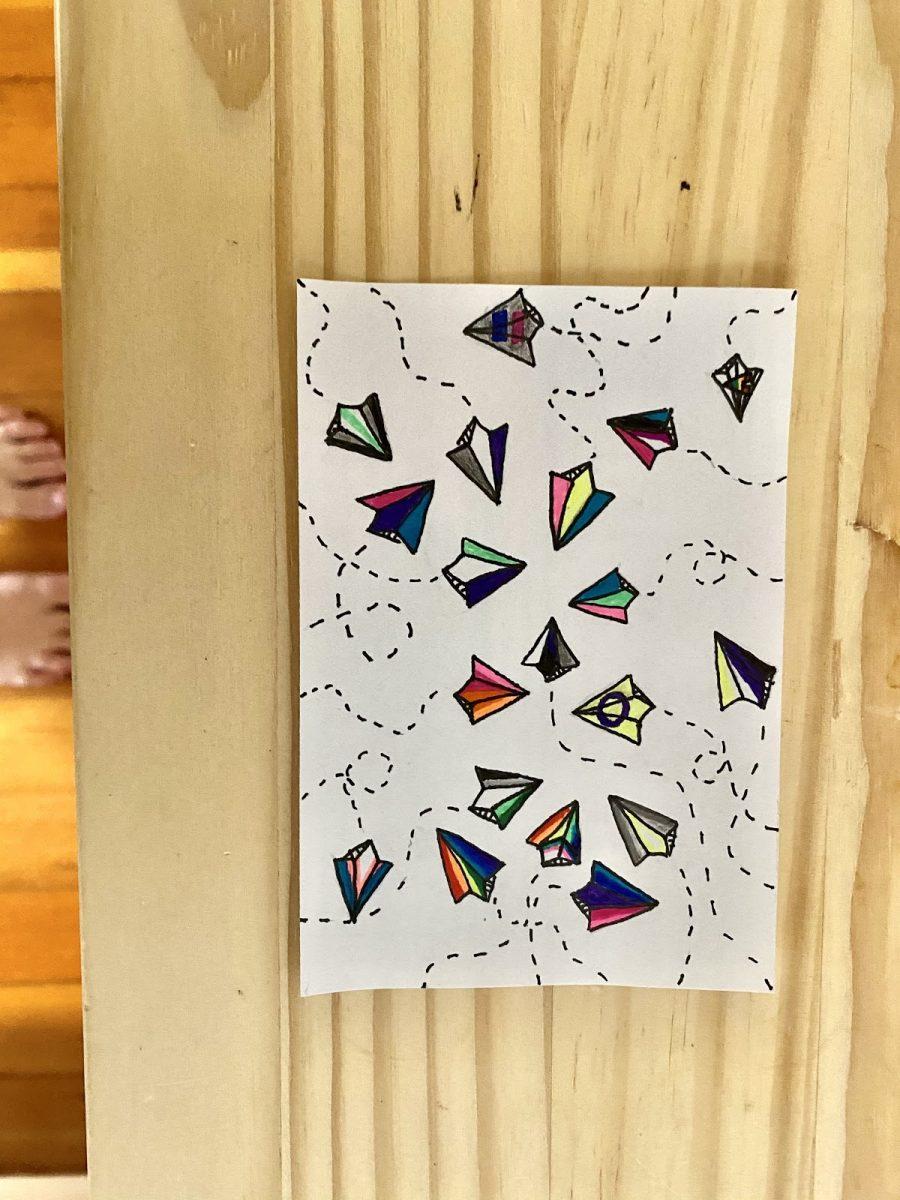I’m sure we can all imagine the sex ed unit during health class: going over the dangers of STDs and unplanned pregnancies and how to prevent these things while going through what can be a very exciting sexual awakening for some students. As younger teens, some may have squirmed or giggled during the condom demonstrations that featured a banana or wooden penis model; by now most of us can deal with the realities and risks of sex without wanting to evaporate right out of our seats. While things such as condoms and teen pregnancy prevention are very important issues that need to be discussed, they do not apply to everyone. While these things may seem like the main goal of teaching sex education to teenagers, other issues apply to a smaller—but growing in recognition—group of the teenage population: the LGBTQ+ community.
Growing up is challenging for cis-gendered, heterosexual (cishet) students, but being queer in high school brings even more challenges to the table. Questioning gender and sexuality creates an additional level of stress for students to deal with on top of sports, school, jobs, and more.
If LGBTQ+ students do not feel represented in classrooms—especially in the classroom where they learn about something that most likely has to do with what they are questioning—they run the risk of being marginalized. Growing up queer while not being taught how you can express your true self sexually is difficult. Having a more inclusive sex ed class for LGBTQ+ students could take the stigma away from queer sex and normalize it.
“Things are very different when you are dealing with queer sex and it would be really a nice thing to be able to talk about those pieces,” said Franklin High Math teacher and QSA/SAGA coordinator Marla Baber. A more inclusive curriculum could bring education not only to cishet students but to the LGBTQ+ community as well. Being able to learn about queer sex in a safe environment, by professional educators, could keep queer students from turning to the internet for all of their sex questions. While the internet can be a wonderful tool, it can also lead confused students to unrealistic portrayals of sex through pornography or websites that may not discuss the risks that come along with queer sex, even if there is no chance of pregnancy.
Not being able to understand oneself sexually is a major challenge, but by adding a more inclusive curriculum to health classes, Franklin could take steps to change that. Instead of simply educating about STDs and pregnancy, one way to update the curriculum could be discussing sexuality to make queer students feel more welcome, even if they have no intentions of coming out at that time.
“I know we have a lot of kids who are out at home, out with their friends, but they are not generally out at school, because they don’t feel safe, and it would be nice for everyone to be able to be their authentic selves at all times and I think this helps lead to [Franklin] being that kind of place,” says Baber. Even without coming out, talking about LGBTQ+ issues in sex ed could help bring awareness to the subject and make it more comfortable for when queer students may be ready to come out at school. Additionally, education on gender could also help students questioning gender.
“I think one thing we could add is more information for transgender students. It is important for them to feel like they are being represented in the lessons,” says Franklin health teacher Leanne Gabriel. Having sex with or as a transgender person may come with its own challenges, whether that be body dysphoria, questions on how to do it, or simply how to correctly address someone who is part of the trans community. “It would be really nice to have it focus on the person, not the sex, or the gender that person is. We really don’t talk about transgender relationships and that needs to be a … piece also” said Baber.
Another thing to consider are those who identify as asexual and aromantic. Not feeling sexual or romantic attraction is healthy and normal, and students who have these feelings need support as well. Even though many who are part of the LGBTQ+ community are sexually attracted to others, it is important to recognize that there are people who do not have these feelings, and still deserve a chance at healthy relationships. “Acknowledge the fact that some people are asexual … The spectrum of sexuality is so wide that it really needs to be addressed … that people may ebb and flow and that people may be thinking about relationships with different types of people at different times,” says Baber.
Baber also discussed the option of a queer sex class given after school for members of the LGBTQ+ community and people questioning. While having this resource is wonderful, it shouldn’t have to be an after school program, it should be something taught in a traditional health ed class, during school, that all students are required to take.
Even though LGBTQ+ inclusivity in sex ed is something that is desperately needed in our school, unfortunately there are still risks that can come with including queer topics in the curirculum. The sad truth is that some may find these additions political. How someone expresses themselves with gender or sex should not be decided by government officials, because it is not a decision or a “lifestyle” people choose. Who would choose to have their marriage and health rights taken away from them by people in power, and be openly protested against, murdered, raped, and beaten by people who “don’t agree with their choices”?
“One risk is that sometimes you will get a student who will blurt out something that is derogatory towards the LGBTQ+ community. When you have a classroom with a variety of students who have a variety of views on the topic, you take the chance that someone may say something inappropriate,” said Gabriel. “If that happens, it is the job of the teacher to remind them that we are all different and that we need to respect each other and refrain from making remarks that may hurt people’s feelings,” continues Garbriel. “This can be a touchy subject to teach because of this.”
Even though the inclusion of LGBTQ+ curriculum can be questioned by some, the time is now to add more inclusivity to the curriculum. Everyone deserves to be educated on how to keep themselves safe, no matter who they are or who they love. Instead of waiting for someone else to do it, choose now to advocate for queer sex ed, even if you are not a member of the LGBTQ+ community. Allies are needed to make a difference; everyone is. Be the change; the time is now to advocate for our rights.

































